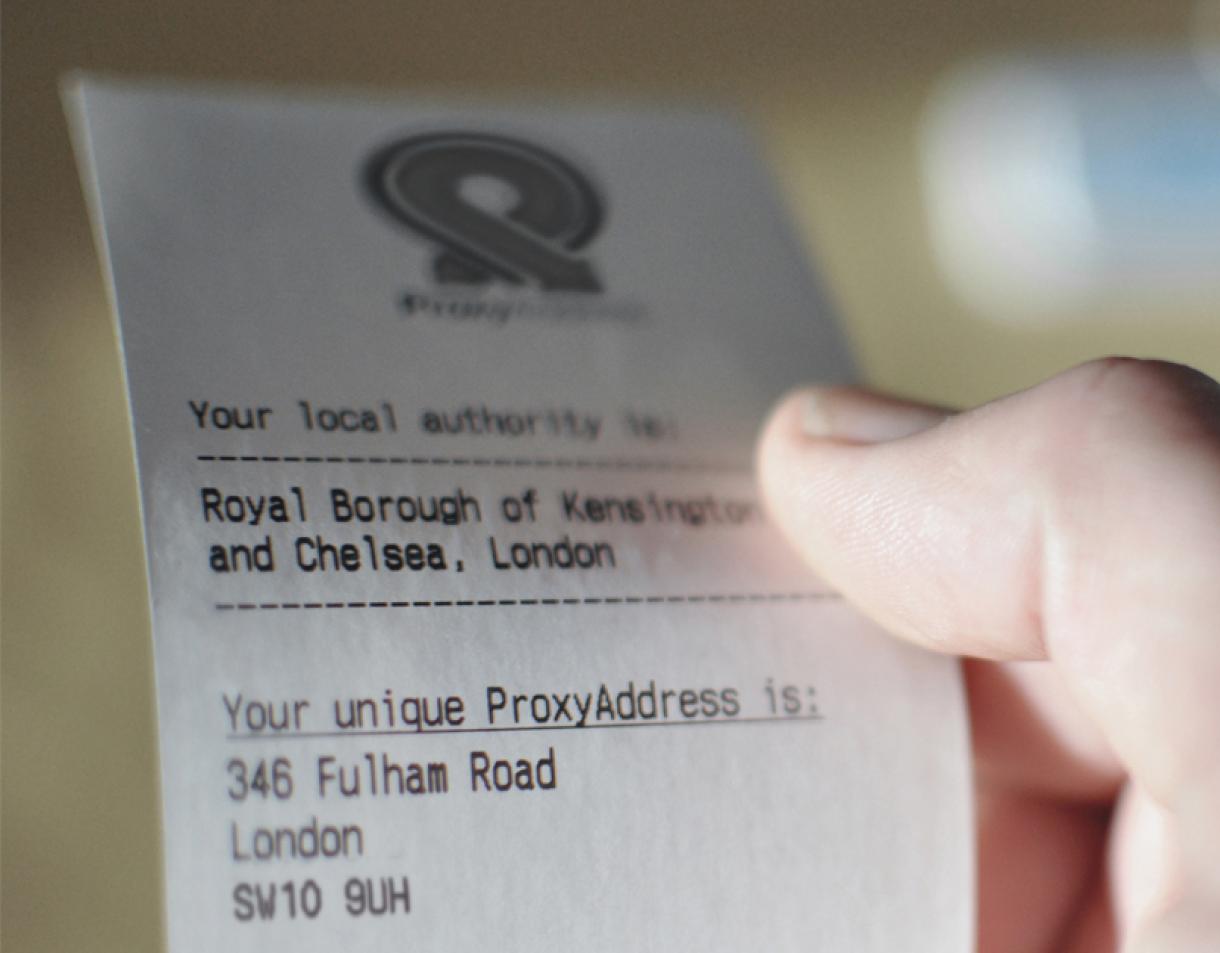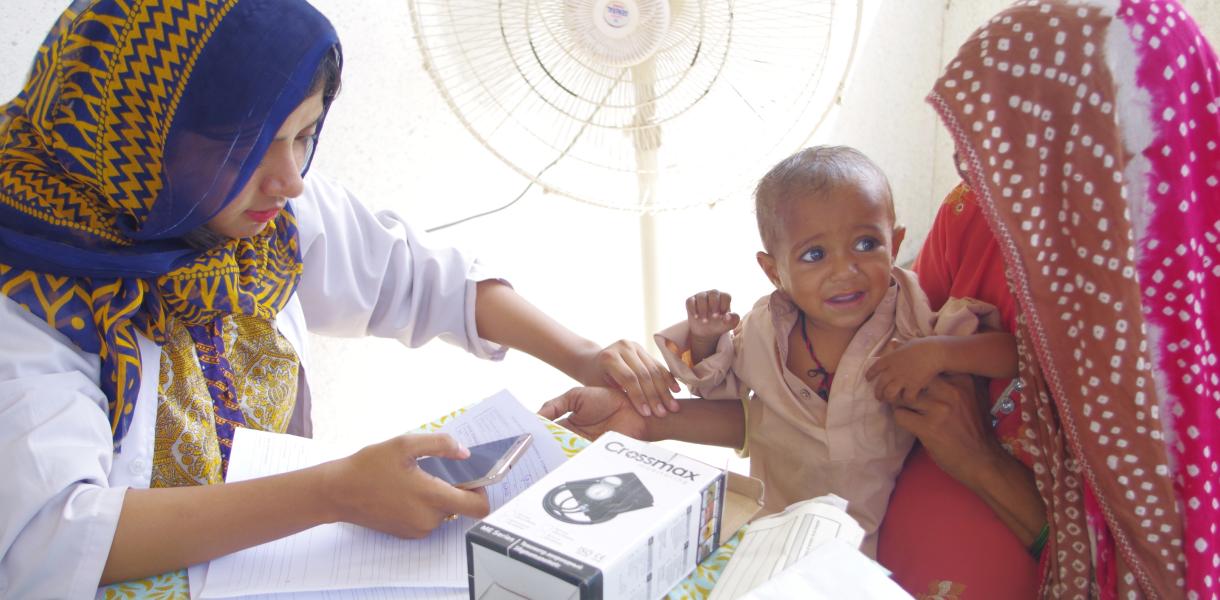What’s the design in a nutshell?
There are more than 270,000 vacant homes in England – why not put them to good use? Architect Chris Hildrey thought so too, which is why he started ProxyAddress: a system that uses duplicated address data to give those in or facing homelessness means of support.
Why is it needed?
The problem addressed within ProxyAddress mission is two-fold: the rise of homelessness in the UK and the inability to return to society. According to ProxyAddress, the number of people sleeping rough in the UK since 2010 has risen by 165% and the average age of death of a rough sleeper is now just 44 years old.
Wanting to find a solution for these issues, Hildrey initiated an 8-month research project, interviewing people from all corners of the homelessness problem. His main takeaway was that he needed to tackle systemic exclusion rather than attempt to make an unacceptable situation more palatable.
How does it work?
The addresses, consisting of vacant homes, donated houses or in-construction venues, get connected to an individual who then has access to governmental services. Furthermore, they receive some sort of stability to help them get back on track.
With a ProxyAddress, mail is automatically redirected to an individual’s current location or a collection point so delivery moves with the individual. Job applications can be made with the appearance of a standard residential address, which increases the chances of finding work. Individuals can open bank accounts, secure welfare payments, get a library card and, for some, keep their location hidden after fleeing from domestic violence.
Overall, the stable contact details a ProxyAddress provides also helps government departments and institutions reach the recipient throughout their period of instability.
"In as little as 18 days after receiving a ProxyAddress, people who had been sleeping on the streets for years found permanent housing."
How does it improve life?
A widespread shortage of social housing and private rents rising beyond the means of minimum wage salaries has left many homeless or reliant on temporary housing. Through a nationwide survey ProxyAddress did, they found that 1 in 20 people thought it likely that they would experience homelessness in the next six months.
Without an address, the homeless population gets even more left behind. Losing a road and a house number also means being cut off from the basic services needed to recover: How will people apply for jobs, receive welfare, open a bank account or access healthcare? Without an address, a stumble on the way can turn into quicksand. So that’s why ProxyAddress is helping people get back on their feet during tumultuous times.
What’s the impact to date or projected impact?
ProxyAddress started its first pilot in London towards the end of 2020 and has since then helped a broad range of people: from those suddenly fired to LGBTQ+-people who’ve been kicked out of their homes. In as little as 18 days after receiving a ProxyAddress, people who had been sleeping on the streets for years found permanent housing. Now, ProxyAddress hopes to grow into a national solution. And who says ProxyAddress couldn’t work in other countries as well?






